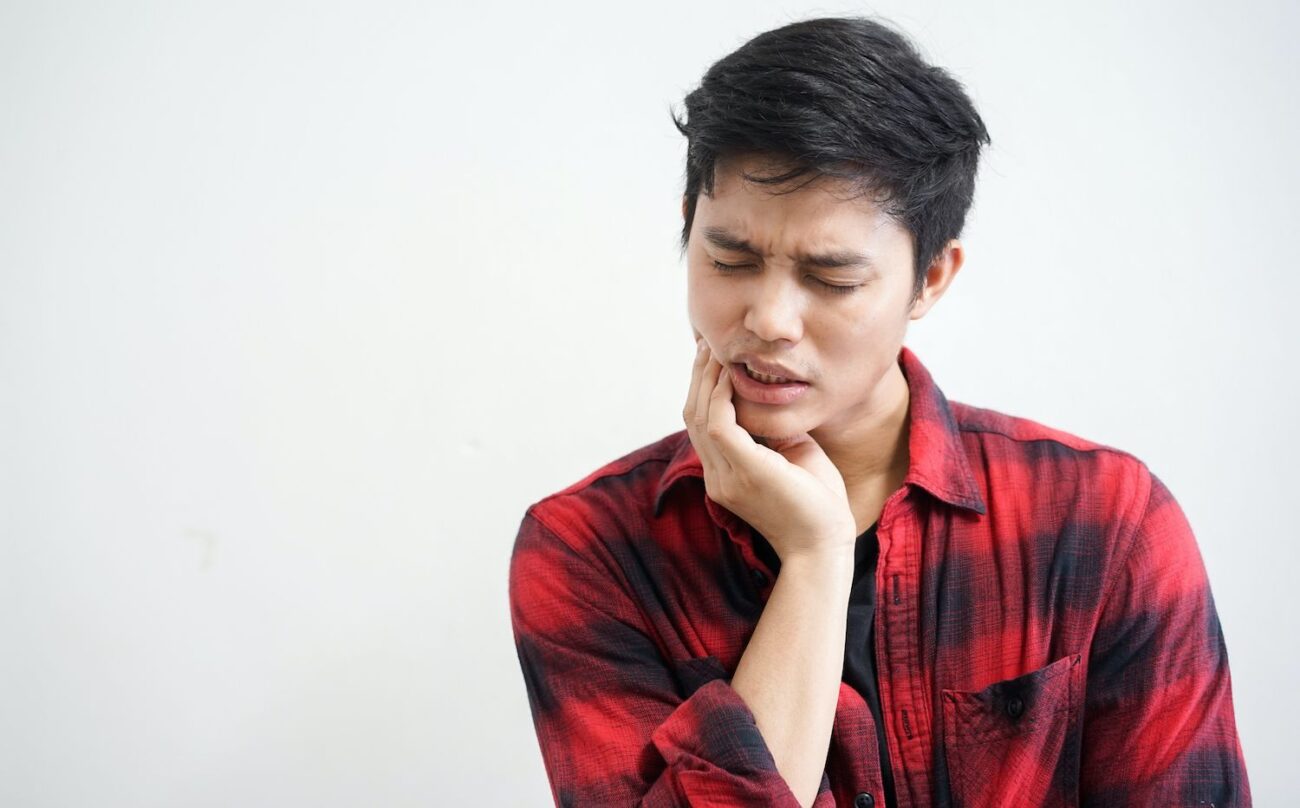If you’ve ever woken up with a sore jaw, headache, or sensitive teeth, you might be grinding your teeth without even realizing it. Teeth grinding, also known as bruxism, is a common condition that affects many people, but it can negatively affect your oral health if left untreated.

What is Teeth Grinding?
Teeth grinding occurs when you clench, grind, or gnash your teeth together, usually while you sleep. Some people may also grind their teeth during the day, especially when they’re feeling stressed or anxious. While occasional teeth grinding may not cause any harm, chronic grinding can lead to a range of dental problems.
Negative Effects of Teeth Grinding
It is necessary to seek treatment for teeth grinding before you experience significant side effects.
Tooth Damage
The constant pressure of teeth grinding can wear down your tooth enamel, making your teeth more vulnerable to chips, cracks, and decay. Over time, teeth grinding can even cause your teeth to become flattened or misshapen, affecting your bite and making it difficult to chew or speak properly.
Jaw Pain and Headaches
Teeth grinding can put a lot of strain on your jaw muscles and joints, leading to discomfort and pain. This can result in chronic headaches, earaches, or even facial pain.
Sensitive Teeth
Grinding your teeth can cause your tooth enamel to wear away, exposing the sensitive dentin underneath. This can lead to increased sensitivity to hot and cold foods and drinks, as well as sweet or sour foods.
Gum Recession
In some cases, teeth grinding can cause your gums to recede, exposing more of your tooth’s root. This can make your teeth more sensitive and increase your risk of gum disease.
Preventing Teeth Grinding
While it’s not always possible to completely stop teeth grinding, there are several steps you can take to reduce the frequency and intensity of grinding.
Reduce Stress
Stress is a common trigger for teeth grinding, so finding ways to manage your stress can help reduce your grinding. Try incorporating relaxation techniques like deep breathing, yoga, or meditation into your daily routine.
Avoid Caffeine and Alcohol
Both caffeine and alcohol can increase your likelihood of grinding your teeth, so try to limit your consumption of these substances.
Wear a Nightguard
A nightguard is a custom-fitted device that you wear over your teeth while you sleep. It helps to cushion your teeth and prevent them from grinding together, reducing the risk of tooth damage and other negative effects of grinding.
Maintain Good Oral Hygiene
Keeping your teeth and gums healthy can help reduce your risk of teeth grinding. Be sure to brush your teeth twice a day, floss daily, and visit your dentist regularly for cleanings and checkups.
Seek Professional Help
If your teeth grinding is severe or causing significant damage to your teeth or jaw, your dentist may recommend additional treatments like orthodontic work or physical therapy. In some cases, medication or therapy for underlying mental health issues may also be recommended
